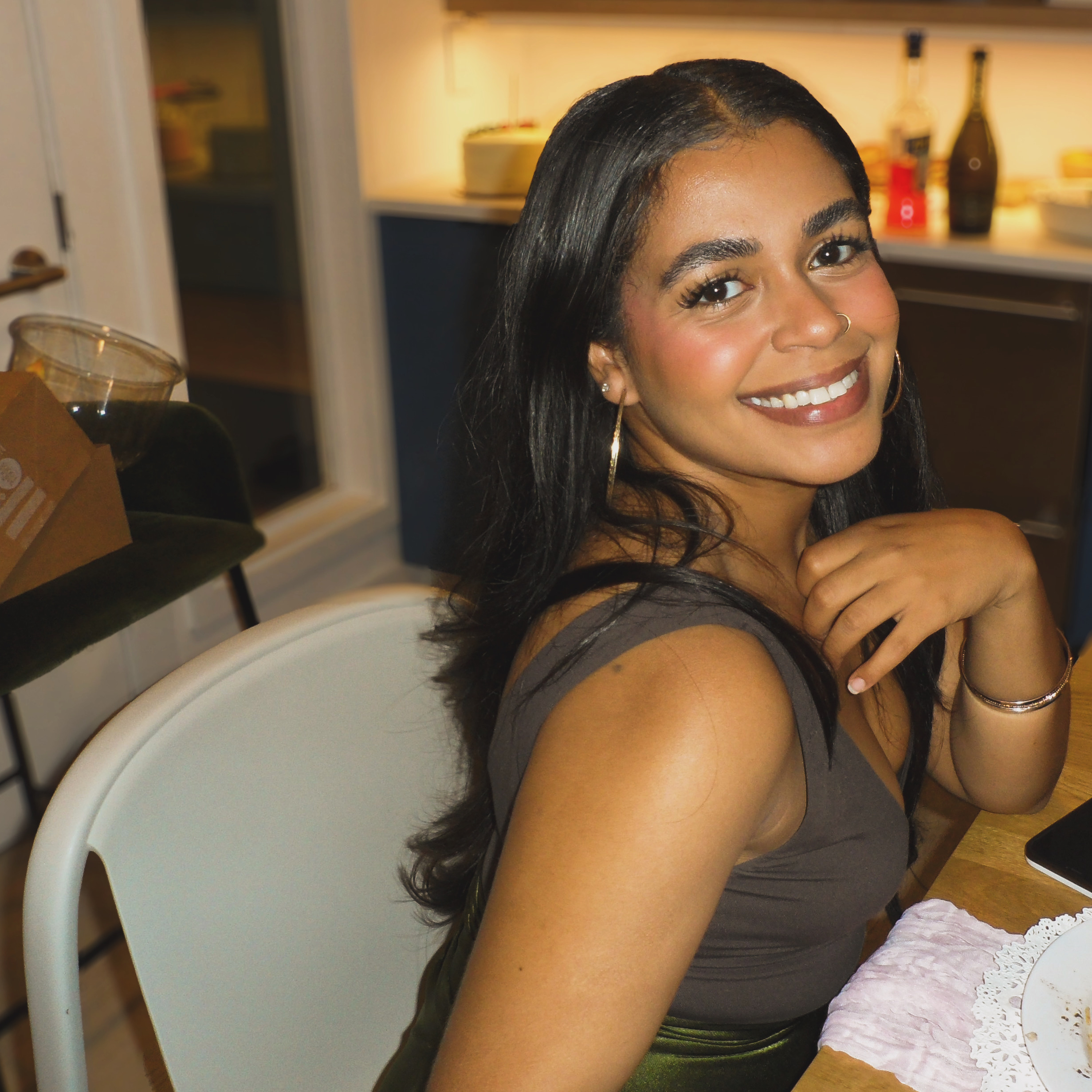By Aalia Muhammad | Two Sides of a Coin
We love to tell ourselves we’re empathetic.
That we care.
That we understand.
And maybe we do — as long as the struggle looks like ours.
As long as the pain feels familiar.
As long as the life we’re asked to recognize doesn’t challenge the life we’re trying to protect.
But real empathy doesn’t live inside those limits.
Real empathy begins where comfort ends.
When Empathy Has Borders
People know how to fight for their own rights.
They know how to demand understanding when they’re the ones who need it.
They believe in justice — when it benefits them.
They cry out for dignity — when theirs is on the line.
But ask them to stretch that same compassion to someone else’s struggle, especially someone who looks, loves, believes, or lives differently — and it’s like they’ve never heard of empathy at all.
Suddenly it’s “complicated.”
Suddenly they need “more information.”
Suddenly they’re “just not sure.”
Empathy, in today’s America, often has borders.
It ends where the comfort zone begins.
And if empathy has borders, so does justice.
The Cost of Selective Compassion
This is exactly how injustice survives.
Not because people are evil — but because people are selective.
They ration their compassion.
They protect their comfort over someone else’s survival.
We see it everywhere:
- In how we vote.
- In whose lives we fight for.
- In whose pain we believe.
- In whose rights we decide are “negotiable.”
Freedom isn’t freedom if it only applies to people who look like you.
Justice isn’t justice if you only defend it when it serves you.
When we allow empathy to be selective, we allow injustice to be systemic.
Real Empathy Is an Action
Real empathy doesn’t sit comfortably in the familiar.
It stretches.
It believes people even when their stories are uncomfortable, messy, or foreign.
It stands up even when there’s nothing in it for us.
It listens not to respond, but to understand.
Empathy isn’t passive.
It’s not a feeling — it’s a choice.
It’s an action that says, “Even if this isn’t my experience, I will still stand beside you.”
Empathy Isn’t Dead — But It’s Waiting
Despite everything, I still believe empathy is not dead.
It’s waiting.
Waiting for people to dig deeper than their own experiences.
Waiting for people to realize that dignity isn’t a personal possession — it’s a human right.
Change doesn’t start with winning arguments.
It doesn’t start with who shouts the loudest.
It starts with the courage to care about someone else’s reality — even when it costs us something.
Empathy that only stretches to people like you was never empathy at all.
The real work begins when we learn to stretch it further.
Two Sides of a Coin: Reflection
On one side: it’s easy to say we care.
On the other: it’s harder to live like we do — especially for people who aren’t reflections of ourselves.
The truth is, if your empathy ends where your comfort begins, you were never really standing for justice in the first place.
And maybe that’s the real choice we all have to face —
to decide which side of the coin we want to live on.


Leave a Reply